Search results for: 'signaling pathways angiogenesis'
-
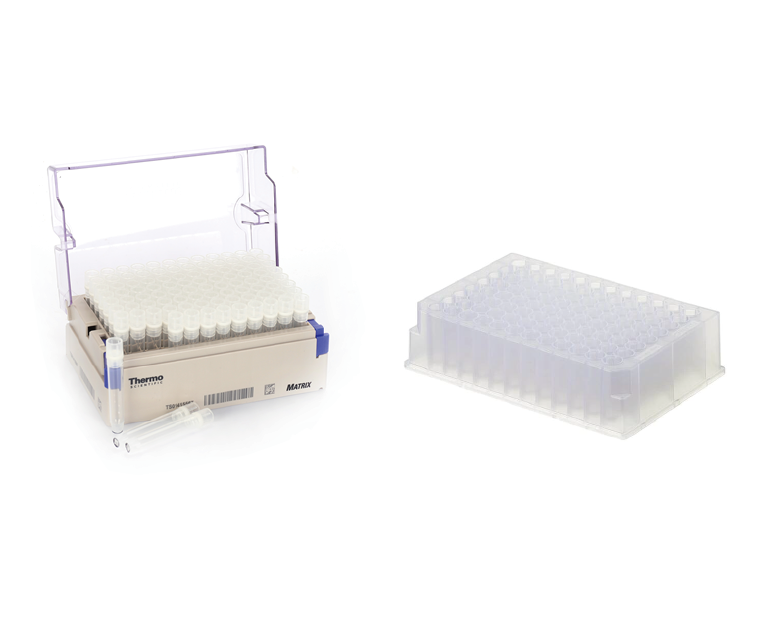 L1047 DiscoveryProbe™ Angiogenesis LibrarySummary: A unique collection of 84 small molecule compounds for angiogenesis research.
L1047 DiscoveryProbe™ Angiogenesis LibrarySummary: A unique collection of 84 small molecule compounds for angiogenesis research. -
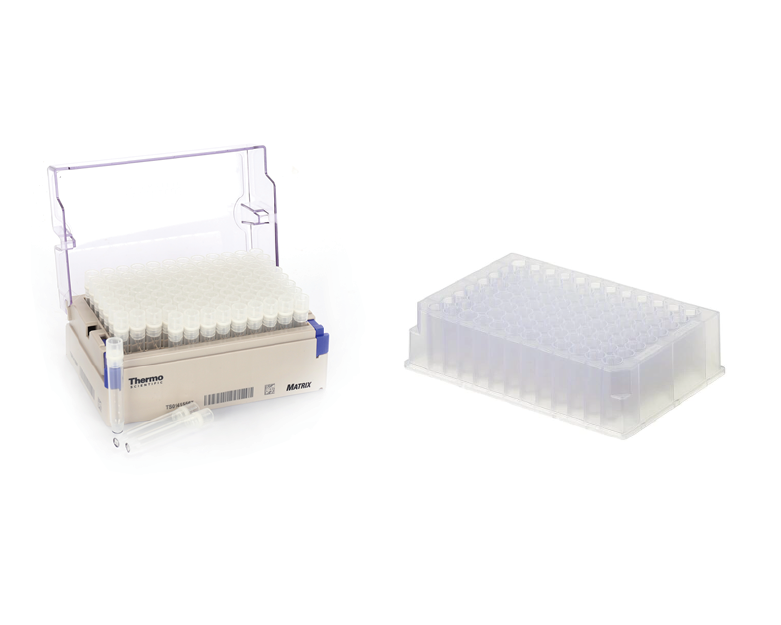 L1044 DiscoveryProbe™ NF-κB Signaling LibrarySummary: A unique collection of 73 NF-κB inhibitors for NF-κB signaling pathway research.
L1044 DiscoveryProbe™ NF-κB Signaling LibrarySummary: A unique collection of 73 NF-κB inhibitors for NF-κB signaling pathway research. -
 L1026 DiscoveryProbe™ Neuronal Signaling Library1 CitationSummary: A unique collection of 556 neuronal signaling-related small molecules for neuroscience reasearch.
L1026 DiscoveryProbe™ Neuronal Signaling Library1 CitationSummary: A unique collection of 556 neuronal signaling-related small molecules for neuroscience reasearch. -
 L1044P DiscoveryProbe™ NF-κB Signaling Compound Library PlusSummary: A unique collection of 178 NF-κB inhibitors for NF-κB signaling pathway research.
L1044P DiscoveryProbe™ NF-κB Signaling Compound Library PlusSummary: A unique collection of 178 NF-κB inhibitors for NF-κB signaling pathway research. -
 L1026P DiscoveryProbe™ Neuronal Signaling Compound Library PlusSummary: A unique collection of 948 neuronal signaling-related small molecules for neuroscience reasearch.
L1026P DiscoveryProbe™ Neuronal Signaling Compound Library PlusSummary: A unique collection of 948 neuronal signaling-related small molecules for neuroscience reasearch. -
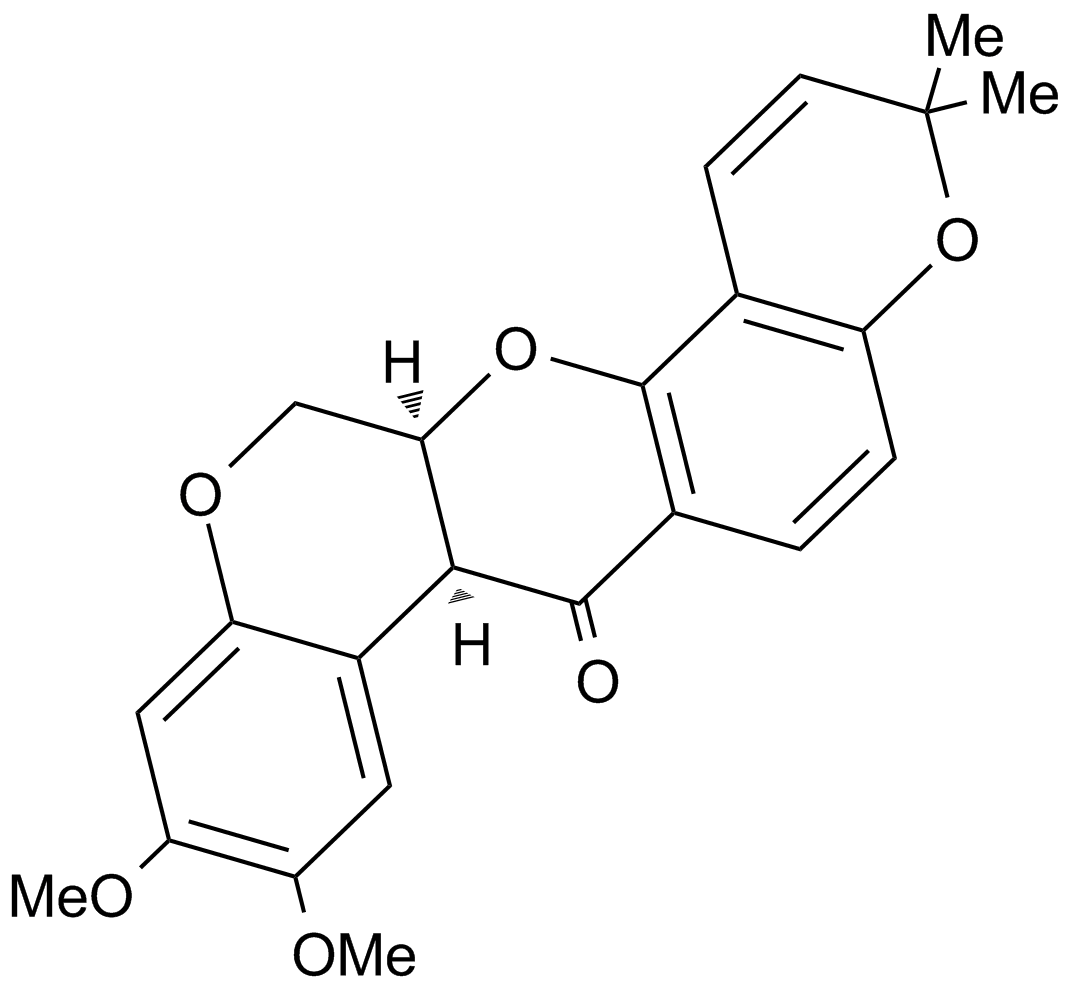 A4451 DeguelinSummary: Anticancer and antiviral agent
A4451 DeguelinSummary: Anticancer and antiviral agent -
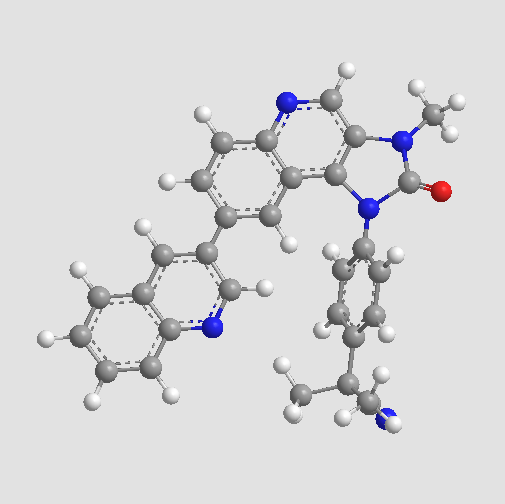 A8246 BEZ235 (NVP-BEZ235)2 CitationSummary: PI3K/mTOR inhibitor,ATP-competitve
A8246 BEZ235 (NVP-BEZ235)2 CitationSummary: PI3K/mTOR inhibitor,ATP-competitve -
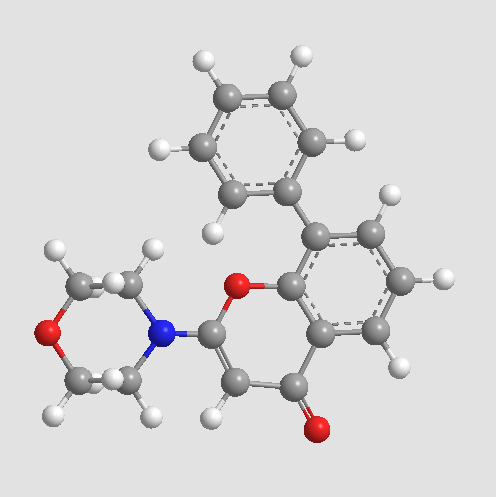 A8250 LY 29400264 CitationTarget: PI3KSummary: Potent PI3K inhibitor
A8250 LY 29400264 CitationTarget: PI3KSummary: Potent PI3K inhibitor -
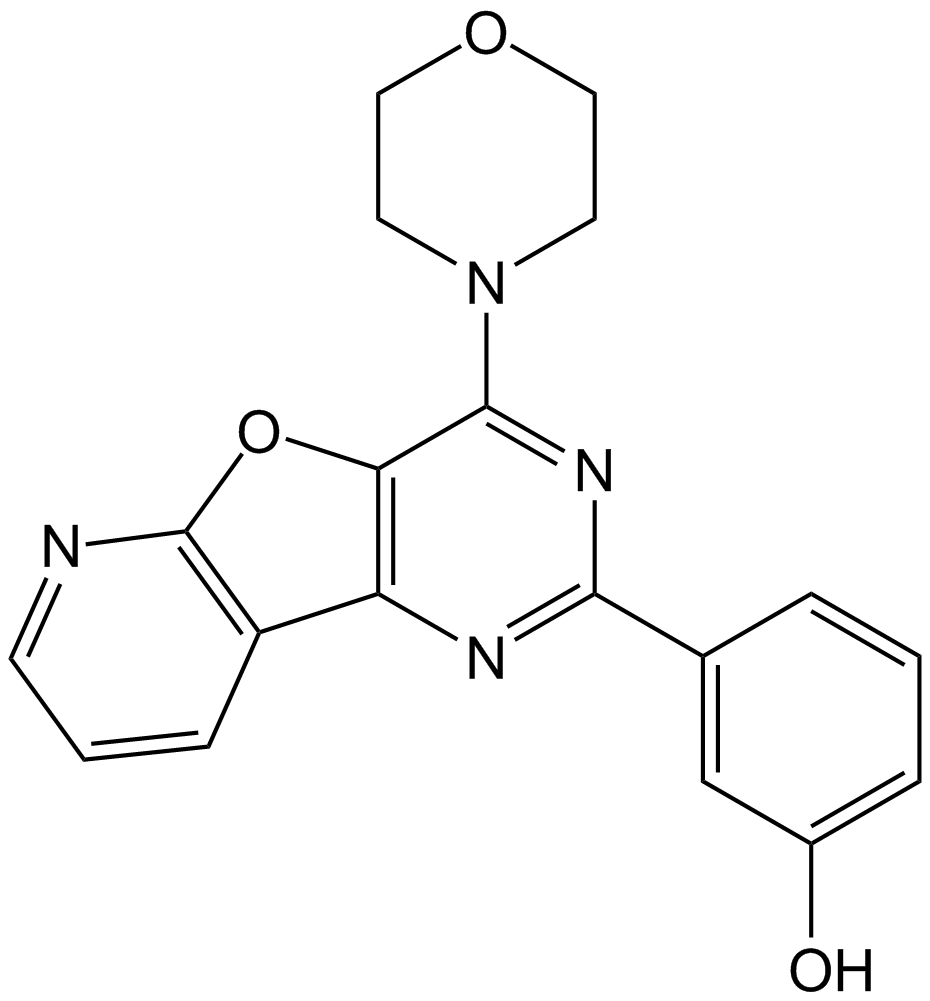 A2067 PI-1031 CitationSummary: Class I PI3K, mTOR and DNA-PK inhibitor
A2067 PI-1031 CitationSummary: Class I PI3K, mTOR and DNA-PK inhibitor -
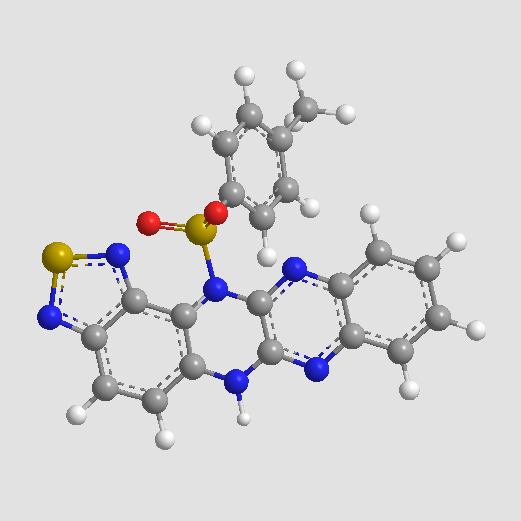 A5112 XL147Target: PI3KSummary: PI3K inhibitor,selective and reversible
A5112 XL147Target: PI3KSummary: PI3K inhibitor,selective and reversible


